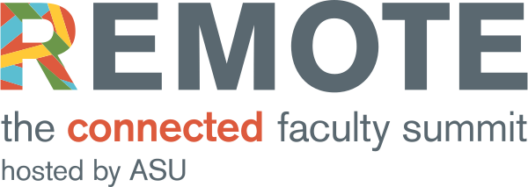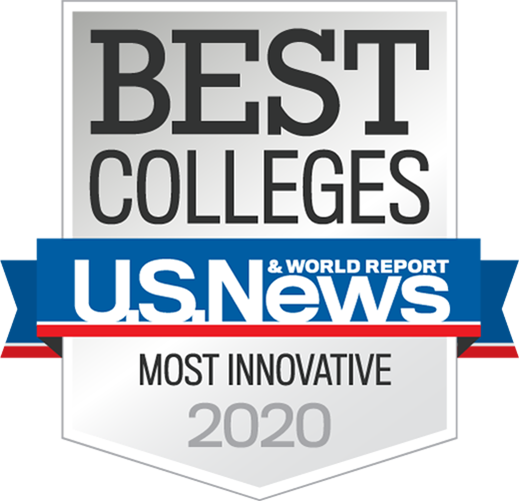Dr. Ara Austin received her B.S. in Biochemistry and Minors in Psychology and Communication Studies in 2011 and Ph.D. in Chemistry Education in 2018, all from Arizona State University. Since 2012, her work has been dedicated to analyzing the effects of socio-cognitive (motivation and self-regulation) and socio-cultural (instructor gender effects, stereotype threat, and cultural/social capital) factors on student performance in organic chemistry courses at ASU and also at University of Rochester. Her genuine passion is to help all students achieve success in their academic endeavors, and she currently oversees all online programs at the School of Molecular Sciences.



